Jo Patterson | Polished Beauty Bar
polished – home
Jo Patterson | Polished Beauty Bar
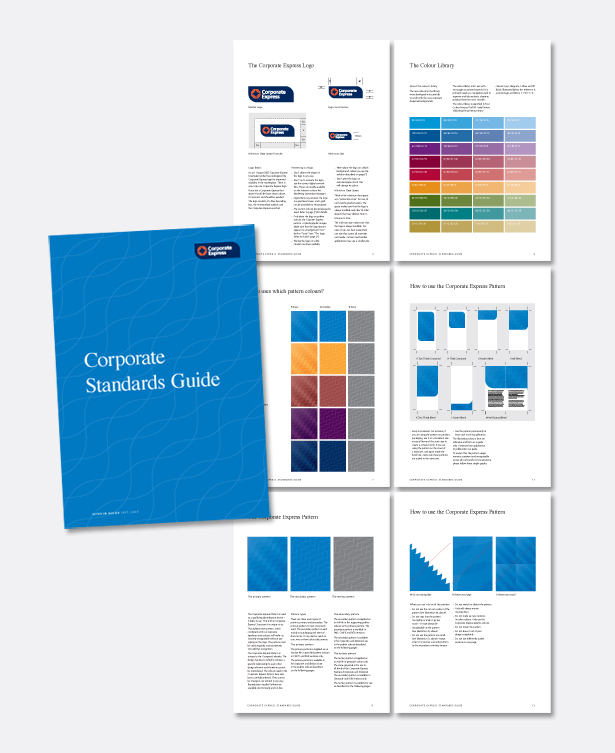
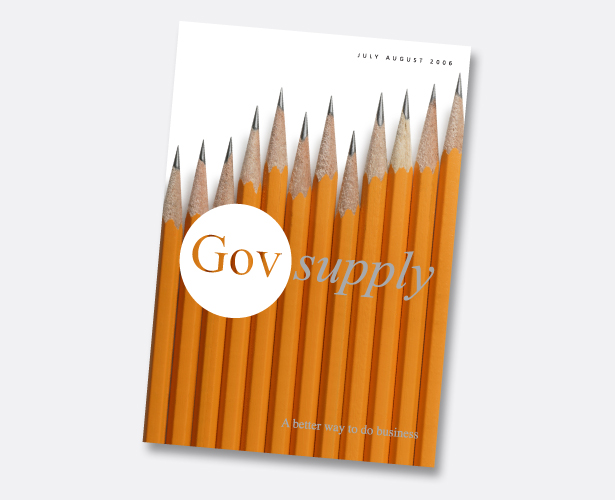

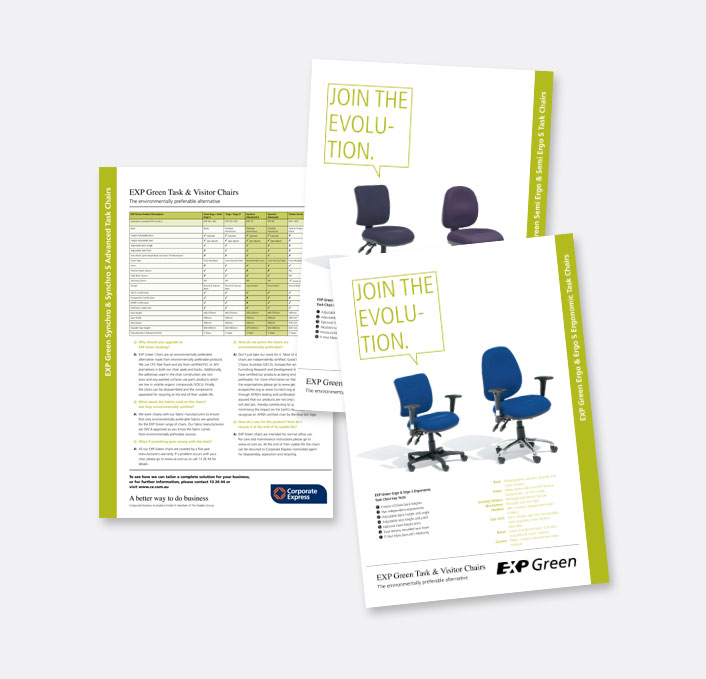


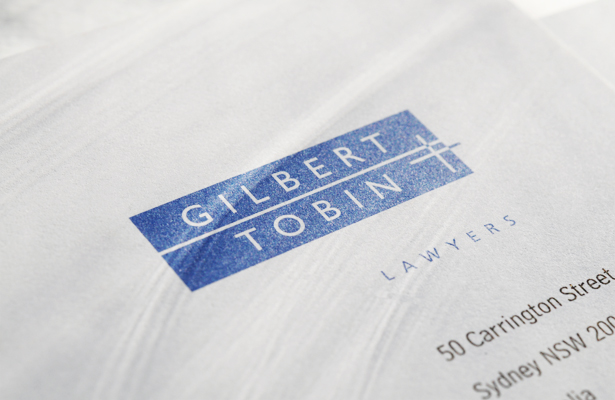
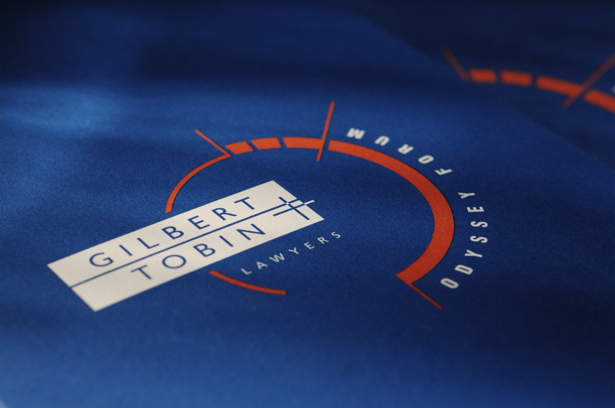
Lorem ipsum dolor sit amet, consectetur adipisicing elit, sed do eiusmod tempor incididunt ut labore et dolore magna aliqua. Ut enim ad minim veniam, quis nostrud exercitation ullamco laboris nisi ut aliquip ex ea commodo consequat. Duis aute irure dolor in reprehenderit in voluptate velit esse cillum dolore eu fugiat nulla pariatur. Excepteur sint occaecat cupidatat non proident, sunt in culpa qui officia deserunt mollit anim id est laborum.
Lorem ipsum dolor sit amet, consectetur adipisicing elit, sed do eiusmod tempor incididunt ut labore et dolore magna aliqua. Ut enim ad minim veniam, quis nostrud exercitation ullamco laboris nisi ut aliquip ex ea commodo consequat. Duis aute irure dolor in reprehenderit in voluptate velit esse cillum dolore eu fugiat nulla pariatur. Excepteur sint occaecat cupidatat non proident, sunt in culpa qui officia deserunt mollit anim id est laborum.
One of the more hilarious beliefs about brands is that brands were invented by manipulative marketeers in order to persuade the guileless consumer to pay over-the-odds for some otherwise unremarkable commodity. Naomi Klein and her followers feel strongly on the subject and use the word manipulate a lot.
More surprisingly, even some brand consultants, with a touching mixture of braggadocio and shifty shame, half agree. They take sole credit for having developed a practice that, even if morally questionable, has undoubtedly made
their clients and themselves a lot of money. They build brands.
And so, they all claim, does every design company and advertising agency and marketing company and management
consultant. And they’ve all been building brands since 1955 which was when brands were invented – because that was the year that the Harvard Business Review published The Product and the Brand by Sidney Levy and Burleigh Gardner. The trouble, of course, is that Gardner and Levy never pretended to have invented brands.
To talk of brands having been invented is the equivalent of saying that Christopher Columbus invented America. America had been around for a very long time before he bumped into it – just as brands had been around for a very long time before the Harvard Business Review brought them to our attention.
It’s certainly true that companies invent products. But the only people who invent brands are people.
When you first started thinking of that school down the road from your own – the one that always beat you at games – you invented your first brand. It had a name – and it had a very clear personality. You couldn’t say exactly why you hated it – but you did. And what’s more, so did your friends.
But if you’d asked the boys and girls from the school down the road what they thought of their school, you’d have got a very different answer. How puzzling. Exactly the same school, yet two totally different reputations.
How come? Because brand reputations exist only in the minds of their observers – and all observers are different.
Long before 1955, women in primitive villages would buy their cooking oil from unmarked steel barrels. Sometimes the oil was good and sometimes not so good. So the women made a note of those whose oil was good and determined to buy only from them. They’d invented a brand. And the sellers of the good oil quickly cottoned on and gave their oil a distinctive name so that the women would more easily know which oil to trust and which to avoid. Trust and familiarity go hand in hand. The women who were now committed to the better oil (loyal consumers) not only respected it but began to be fond of it, as people do of familiar things.
And all this, of course, spurred the sellers of the inferior oil into making it better because otherwise they’d have gone out of business. Consumer protection began not with legislation but with brands.
Gardner and Levy drew our attention to the fact that the personality of a product, as created in the head of each observer, could be as important to its users as its function. And they suggested a relatively new role for advertising.
People build brands in their heads as a result of an almost infinite number of clues, cues, facts, myths and brand encounters. Some, like product performance and all paid-for publicity including packaging and promotions, are within the control of the product’s owner. Many others, like the behavior of competitors, news items, and the likeability or otherwise of other users, are not. Service brands, for obvious reasons, are notoriously difficult to keep in line.
So the real role for all these experts who claim to build brands (but don’t) is to help the people who do build brands – real people – build them as attractively as possible. Their job is first to create and then supply the raw material from which real people, individual by individual, compose in their heads that complex and subjective construct
we call a brand image.
In theory, therefore, (and probably in practice) the reputation of a brand within a million people’s heads will have a million slightly different versions. But as the research behind BrandZ clearly illustrates, the strongest brands are those that enjoy what’s been called a (favorable) consensus of subjectivity. And that’s when their brand managers,
in the widest sense of that phrase, should be most warmly congratulated. They didn’t build those brands themselves; but they fed such enticing titbits to their audience that their audience gratefully did the rest.
by Jeremy Bullmore
Lorem ipsum dolor sit amet, consectetur adipisicing elit, sed do eiusmod tempor incididunt ut labore et dolore magna aliqua. Ut enim ad minim veniam, quis nostrud exercitation ullamco laboris nisi ut aliquip ex ea commodo consequat. Duis aute irure dolor in reprehenderit in voluptate velit esse cillum dolore eu fugiat nulla pariatur. Excepteur sint occaecat cupidatat non proident, sunt in culpa qui officia deserunt mollit anim id est laborum.